.png)
The Late Bloomer Actor
Welcome to "The Late Bloomer Actor", a monthly podcast series hosted by Australian actor David John Clark.
Join David as he engages in discussions with those that have helped him on his journey as a late bloomer actor, where he shares personal stories, insights, and wisdom gained from his unique path as a late bloomer actor and the lessons he has learned, and continued to learn, from the many sources available in the acting world.
Each episode features conversations with actors and industry insiders that have crossed paths with David who generously offer their own experiences and lessons learned.
Discover practical advice, inspiration, and invaluable insights into the acting industry as David and his guests delve into a wide range of topics. From auditioning tips to navigating the complexities of the industry, honing acting skills, and cultivating mental resilience, every episode is packed with actionable takeaways to empower you on your own acting journey.
Whether you're a seasoned actor, an aspiring performer, or simply curious about the world of acting, "The Late Bloomer Actor" is here to support your growth and development. Tune in to gain clarity, confidence, and motivation as you pursue your dreams in the world of acting. Join us and let's embark on this transformative journey together!
The Late Bloomer Actor
Off Script: Strategies to Overcome Self-Sabotage in Acting
Text The Late Bloomer Actor a Question or Comment.
Fresh off a night shift and still buzzing from an inspiring guest stint with Type Talent Training, I've decided to tackle the silent beast that haunts many of us actors: self-sabotage. We've all felt the cold grip of procrastination, the whispers of self-doubt, or the looming shadow of failure. But how often do we recognize these as the signs of self-imposed barriers? This episode peels back the curtain on the invisible forces at play, offering a deep dive into the mental hurdles that can hold us back from the spotlight. With insights from my own acting journey and the universal struggles actors face, this candid discussion aims to arm you with the strategies to break through these barriers.
As we unpack the psychological roots of self-sabotage and its impact on our careers, I share a personal tale from my bodybuilding that sheds light on the parallels between physical and performance disciplines. It's a conversation that promises not only to uncover the ways we might unconsciously be our own worst enemies but also to inspire a shift toward resilience and self-awareness that could illuminate your path to personal and professional triumph.
And a quick note on Self Tape May starting on the 1st May, check out the link for information and free registration: Self Tape May
And follow the links for Castability for free sides to participate in Self Tape May as well.
Please consider supporting the show by becoming a paid subscriber (you can cancel at any time) by clicking here and you will have the opportunity to be a part of the live recordings prior to release.
Please follow on Facebook, Instagram, YouTube and Tik Tok.
And please Rate the show on IMDB.
This episode was recorded on RiversideFM - click the link to join and record.
This episode is supported by Castability - an Audition Simulator, follow the link and use the code: LATEBLOOMERACTOR for 30% of your first monthly membership.
And finally, I am a huge advocate for and user of WeAudition - an online community for self-taping and auditions. Sign up with the PROMO code: LATEBLOOMER for 25% of your ongoing membership.
Hello everyone and welcome to another off-script episode of the Late Bloomer Actor. Now, hopefully, for those watching on YouTube, I don't look too tired. I've come off the back of an overtime night shift this morning and was fortunate to be a guest with Type Talent Training here in Adelaide in their industry roundup, and I was the guest there as an actor to speak to the new actors all about acting, so that was another pleasure. I've done that a couple of times with Type Talent here in Adelaide and I'm very humbled to be a guest and to help out new actors on their journey, on their journey to wherever it may lead them in the future.
David John Clark:What I wanted to talk about today is self-sabotage. Let's come straight out about it. Self-sabotage, we all know it, we all do it. Have you ever found yourself standing in the way of your own success? I certainly have. As actors, we're no strangers to self-doubt and fear. But what happens when these feelings manifest into actions that hinder our progress? Today, I'd like to explore the concept of self-sabotage and how it can impact our careers in acting. Self-sabotage it's like an invisible force working against us, sabotaging our efforts and keeping us from reaching our full potential. It can take many forms, from procrastination I do that all the time and self-doubt I do that all the time to negative self-talk and a fear of failure yes, yes and yes. And as actors, these tendencies can hold us back in auditions, rehearsals and even in our personal lives. But fear not, because understanding and overcoming self-sabotage it's within our graph. I've just done the last episode of Late Bloomer. Actor was focusing on mindset coaching with Rachel Baker, and the next episode coming up in May, goes a bit further deep into well-being of actors and mindset training and everything like that. So it's a big topic. And mindset training and everything like that so it's a big topic. It's something that my wife is big on and has been encouraging me to look into it a lot, because for everything that we're about to talk about, it certainly has its place. By shedding light on the phenomenon and learning how to navigate around it, we can unlock new levels of success and fulfillment in our acting careers.
David John Clark:From a psychological standpoint, self-sabotage often stems from deep-seated fears and insecurities. We all have them, from your daily jobs to your normal lives, to no matter what you're pursuing, whether that be athletics or acting. In our case, we may fear failure or rejection, rejection leading us to sabotage our own efforts because, but before we we even have a chance to succeed, this fear can be paralyzing and keeping us stuck in our comfort zones and preventing us from taking the risks necessary to grow as actors. And and that's the thing is that you you to take those risks, and sometimes you go. Well, that fear of failure, that fear of rejection, that fear of being told no or just making a mistake and going backwards, can be scary. And think about the last time you hesitated to submit that audition tape or you doubted your ability to nail a scene. I'm certainly speaking from my heart here, because these are all examples of self-sabotage in action certainly speaking from my heart here, because these are all examples of self-sabotage in action. We may procrastinate on learning our lines or second-guess our creative choices, all because we're afraid of falling short of our own expectations. The effects of self-sabotage can be profound, both personally and professionally. It can lead to missed opportunities, strained relationships and a diminished sense of self-worth. When we sabotage ourselves, we're not only holding back or holding ourselves back, but we're also denying the world the chance to see our true talents shine. And they're there. We know they're there.
David John Clark:Now let me share a personal story that taught me valuable lessons about self-sabotage and how it applies to our acting careers. I've been a bodybuilder since I was still at high school, so I think my first competition was as a scrawny 16-year-old, someone that was very introverted, very shy. So hey, let's get into bodybuilding and stand up on stage in front of hundreds of people in posing trunks and show the body that I didn't really have. But I know firsthand the importance of discipline and dedication. But All these years I've competed several times but despite my best efforts, there were times especially currently in the last 18 months with my training that I couldn't resist the temptation to cheat on my diet Slice of cake here, a bag of chips there, or for me lately it's been chocolate. I don't know whether that's an age thing or just the sweet tooth coming out of it. It may have provided temporary satisfaction, but it's ultimately set me back in achieving my fitness goals.
David John Clark:Now, that's not putting aside the positives of what I've done. I've lost a lot of weight and people say, oh mate, you're doing fantastic. But when you know what your goal is and where you wanted to be, you know when you're behind and you know when you're not pushing through the next level. I've been in a plateau, so to speak, which is not all because of my cheating. I'm not cheating every day, it's age and learning, the body needs to do different things. But it does come down to about pushing through and finding a way.
David John Clark:And what's worse is that I would often lie to myself and convincing myself that one cheat meal wouldn't hurt or that I deserved a break from the strict regime and some chocolate here and chocolate there. And then you get all the little things of oh well, bugger it. I've had some chocolate, I've had some chips, I've ruined the day. I might as well just enjoy the rest of the day. And before you know it, you've thrown down, uh, an extra two and a half thousand calories and you're halfway through a bottle of red wine, or the second bottle, maybe. But deep down, deep down.
David John Clark:I knew that these actions were sabotaging my progress and undermining all the hard work that I've, that I've put in so over. I've realized that self-sabotage was the biggest obstacle standing between me and my current fitness goals. So it's not until I confronted this behavior head on and start to hold myself accountable that I'm able to now start to push through those plateaus and make some real progress and see the results, that I'm able to now start to push through those plateaus and make some real progress and see the results that I want. So the first step in overcoming self-sabotage is awareness. We must recognize when we're engaging self-sabotaging behaviors and understanding the underlining motivations behind them. By shining a light on these patterns we can begin to break free from their group, so to speak.
David John Clark:Then we come back to what I was saying at the start about mindset. We must shift our mindset from one of fear and self-doubt to one of confidence and empowerment. Instead of focusing on our shortcomings, we should celebrate our successes and acknowledge the progress we've made, no matter how small, because every small step is a step forward. But a step backwards, just by the very nature of it, is a step backwards. But you know those step backwards tend to often be bigger. So two steps back, one step forward, sort of thing. So you do that for a year and all of a sudden you haven't really gone anywhere or you've gone backwards, heaven forbid.
David John Clark:So accountability is key in committing self-sabotage, whether it's seeking support from mentors or joining a mastermind group or simply finding a trusted friend, or your partner or your wife or your husband, or your boyfriend or girlfriend, or your dog. Having someone to hold us accountable can help keep us on track and motivated. It's also important to practice self-compassion and forgiveness. We're only human and we're bound to make mistakes along the way. So, instead of beating ourselves up over our shortcomings, we should treat ourselves with kindness and understanding, knowing that each setback is an opportunity for growth. So, lastly, setting boundaries. It's crucial in protecting ourselves from external influences that may trigger this self-sabotage, whether it's saying no to toxic relationships or creating a distraction-free environment for work, establishing boundaries that can help safeguard our mental and emotional well-being. I was on heavy there. Put some thought into that one.
David John Clark:Today we've explored the insidious nature of self-sabotage and its impact on our acting careers. Or, if you're not an actor and you listening this, thank you for listening if you're not an actor the impact that it has in your life in general, whatever endeavors you're focusing on, from understanding its psychological roots to overcoming it through self-awareness and accountability, which we've talked about, we've we've learned valuable lessons that can propel us towards our successes. So, as we go forth on our acting journeys I like that as we go forth on our acting journeys, may the 4th coming up next month for Star Wars. Sorry, I'm going off on a tangent there.
David John Clark:Remember to confront your self-sabotage head-on and refuse to let it hold us back. And I think what I just said before about looking at the small steps forward, so all those little small steps become one big step forward quicker than you probably realize. But those steps backwards, they just bam, bam, bam and they just build on each other and make it worse and worse and worse. So cultivate this positive mindset, I think, seek support from others and practice self-compassion and then you can break free from the self-doubt and move forward. So, looking back on my own experiences with self-sabotage, I'm grateful for the lessons they've taught me and the growth they've inspired. So by looking at this and acknowledging and addressing these tendencies, I've been able to now push through my milestones and back on my journey, hopefully, and that's why I've reached out with this episode.
David John Clark:I've been able to now push through my milestones and back on my journey, hopefully, and that's why I've reached out with this episode, I feel, because I was looking within myself at what I was doing on the bodybuilding side of things and then going well, have I been doing it in my acting journey and not as much, as you know, cheating on my diet, have I been doing it in my acting journey? And not as much as you know, cheating on my diet? But I wanted to talk about that in the acting perspective because it may be just a little bit here or a little bit there or whatever that, especially when it comes to auditions, we all know. You get that moment where you're a bit scared about it and you tend to wait until the last minute to learn your lines. And whether it's successful until the last minute to learn your lines and whether it's successful in the end or not, you don't know whether you have sabotaged your process because of your procrastination on that and for whatever those reasons are that you're procrastinating or having that self-sabotage happening in the background. We don't know and that's why you should look at it. So thank you for joining me on this quick journey through the depths of self-sabotage. I encourage you to reflect on your own behaviors and and commit to overcoming it in your acting careers and finding a way through it or around it or over it. Together, we, we can, you know, sort of embrace our potential and rise above these obstacles that stand in our way, because the obstacles are always going to be there. They're there to test us, I think, and to push us and to grow us. I think that's the biggest thing, because if it was easy, everyone would do it and then it would be a pretty boring world really, I think. So until next time, keep striving for greatness, guys, and thank you very much for listening in.
David John Clark:This has been another Offscript episode, something I've just quickly thrown together. I wrote this up on Night Shift so I had a bit of a chance to put some thought into it because I wanted to make it. You know, I just wanted to make it something thought-provoking and make us look into ourselves and if it was something you felt was an issue in your acting career or in anything an issue in your acting career or in anything that you might find a way to address it and learn from it. So next month I've got Jason Moore on board. He's a local Adelaide actor and a trained counsellor and mindset coach and he's got some great things to talk about in this area. He works with actors as well as people from all walks of life, so he's got a great gamut of experience, so to speak. So this will be sort of a lead into it. But in the meantime, before that episode, if you feel that you need to look it up, I'm sure there's plenty online. You've also got links from our last episode to get some information there or to reach out to rachel as well, who's just started a secondary business because it's a great love of hers that she's developed through her podcast as well. So certainly look that up.
David John Clark:So while I've got you here, guys, um, we've got self-tape may coming up, um, which is run by audrey moore and audrey helps actors podcast in america. She's been on the show, uh, last year. So, uh, this is growing and growing every year. I've done it a couple years in a row now. So we have to try and do 16 self-tapes for the month of May. That's one every two days. So it's simulating what actors in America more so are going through in their acting careers, with consistent auditions. So have a look at that. I'll put the links in the show notes for you. I think it's very worthwhile. It's about encouraging to commit and it's a great tool to overcome all this self-sabotage because it commits you to doing it and pushing you through those roadblocks, so to speak. So have a look at that. And again, thank you very much for listening on the show. It's been a pleasure and we will see you on set.
Podcasts we love
Check out these other fine podcasts recommended by us, not an algorithm.
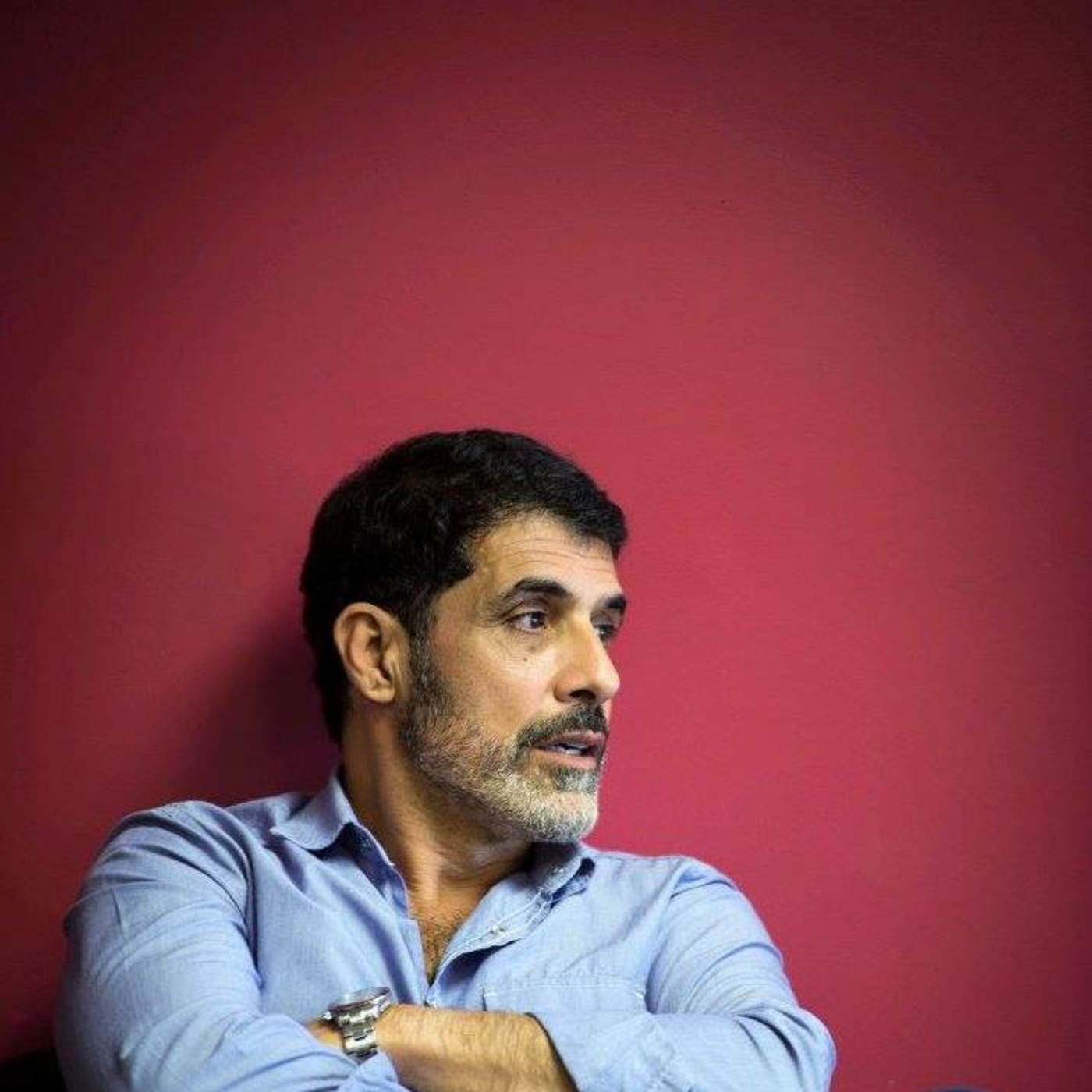
The Real Life Actor
Jeff Seymour
Audrey Helps Actors Podcast
Audrey Moore
Tipsy Casting
Jessica Sherman and Jenn Presser
Castability: The Podcast
The Castability App
Wendy Alane Wright's Secrets of a Hollywood Talent Manager Podcast
Wendy Alane Wright
Think Bigger Actors Podcast
DaJuan Johnson
ACTORS! YOU ARE ENOUGH!!
Amy Lyndon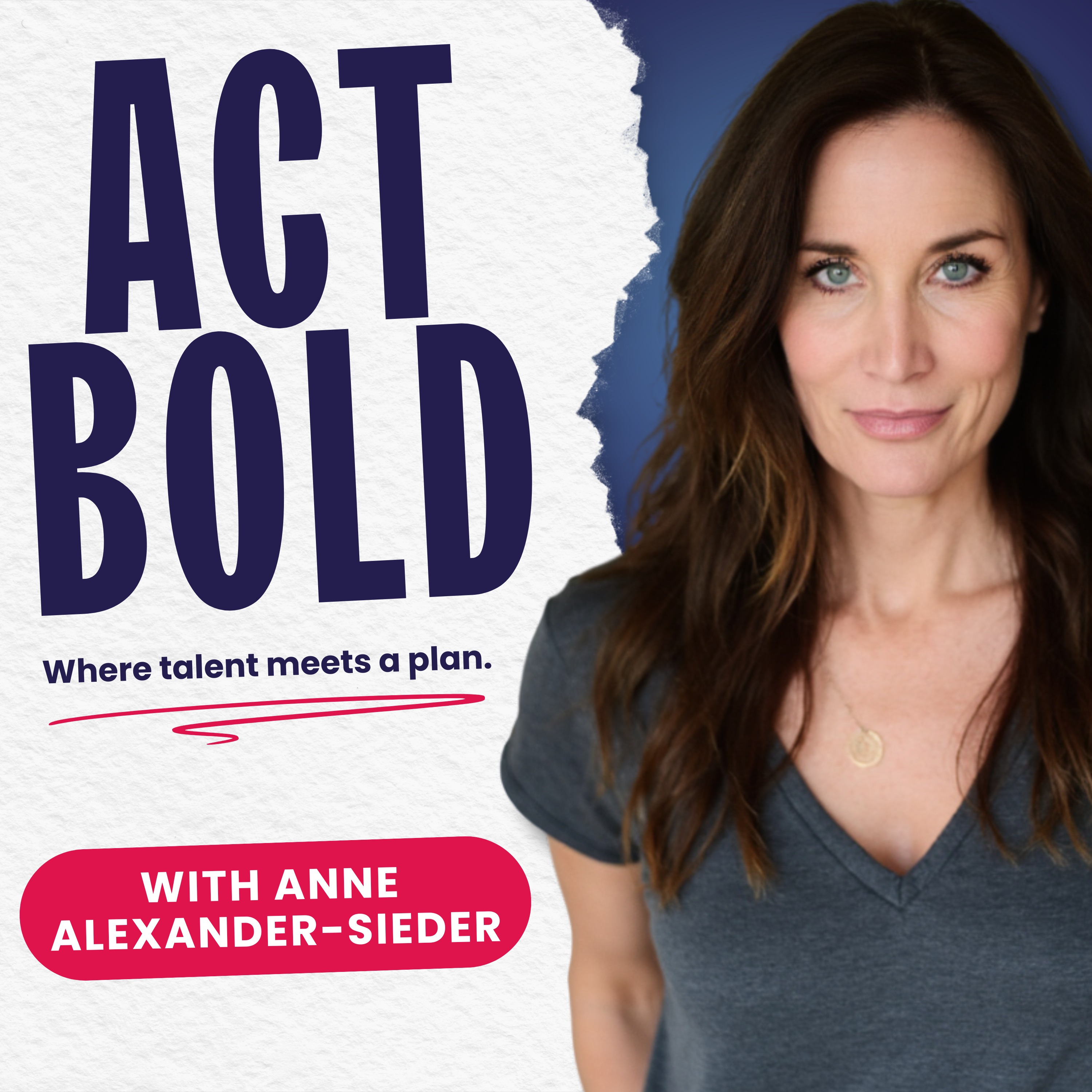
Act Bold - Where Talent Meets A Plan
Act Bold with Anne Alexander-Sieder
An Actor Survives
Emily McKnight
Podnews Weekly Review
James Cridland and Sam Sethi
Buzzcast
Buzzsprout
Box Angeles (for Actors)
Mike 'Box' Elder
Brian Breaks Character
Brian Patacca
Celebrity Catch Up: Life After That Thing I Did
Genevieve HassanCinema Australia
Cinema Australia
Don't Be So Dramatic
Rachel BakerEquity Foundation Podcast
Equity Foundation PodcastIn The Moment: Acting, Art and Life
Anthony MeindlIn the Envelope: The Actor’s Podcast
Backstage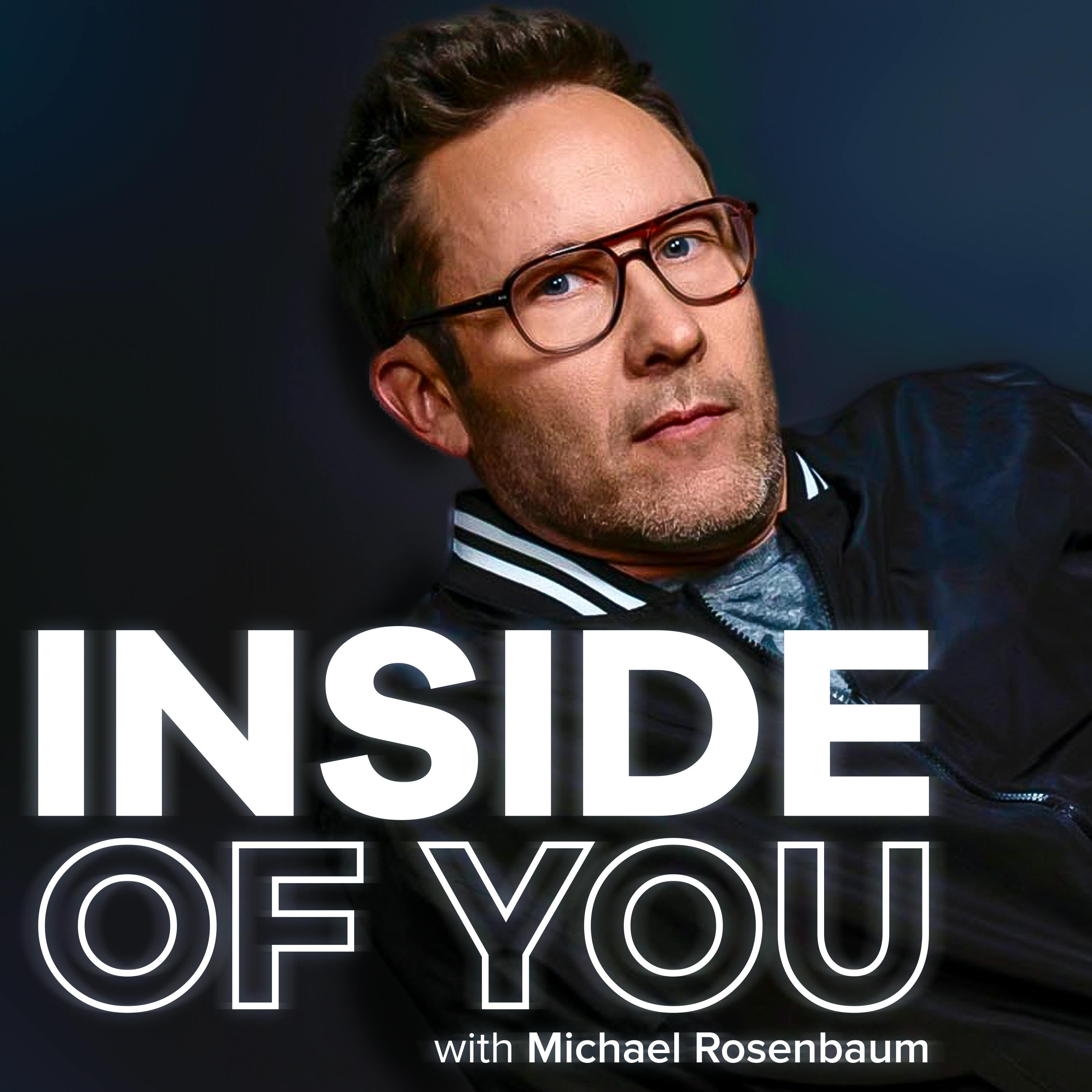
Inside of You with Michael Rosenbaum
Cumulus Podcast Network
Inspired by Nick Jones
Nick Jones
Killer Casting
Lisa Zambetti, Dean Laffan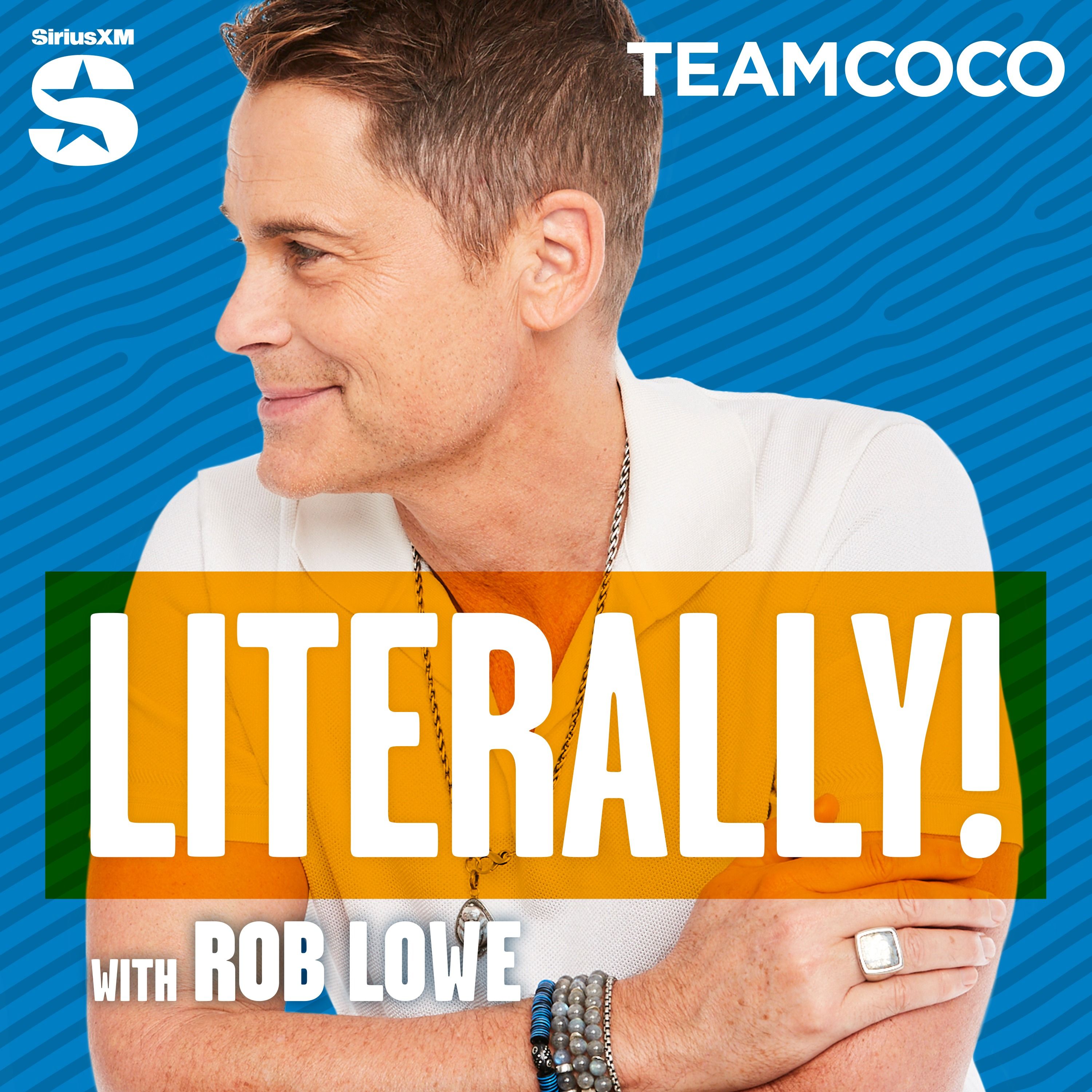
Literally! With Rob Lowe
Stitcher & Team Coco, Rob Lowe
Need To Know
Bryce Zabel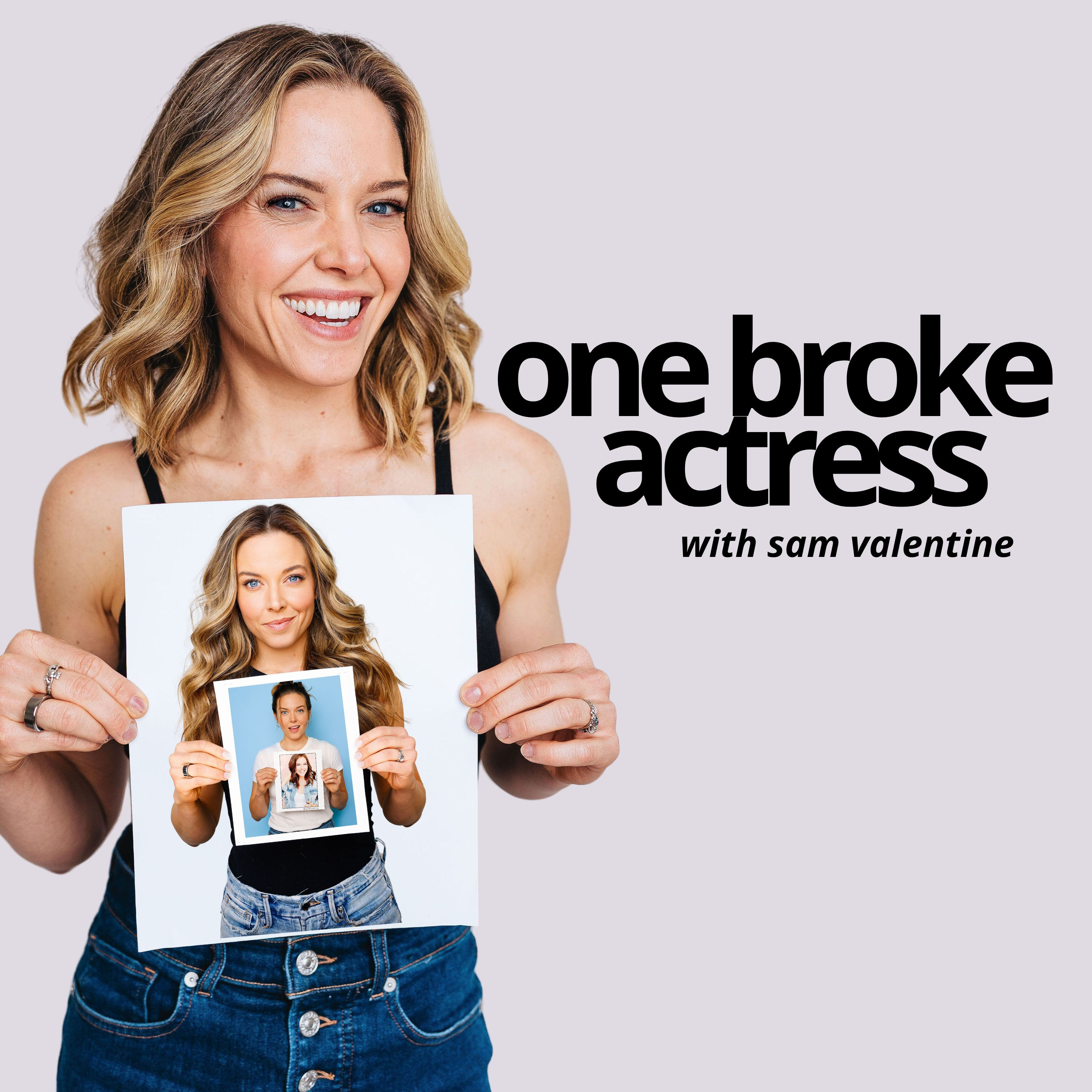
One Broke Actress
Sam Valentine
REAL ONES with Jon Bernthal
Jon Bernthal
SAG-AFTRA
SAG-AFTRA
SAG-AFTRA Foundation Conversations
SAG-AFTRA Foundation
Second Act Actors
Janet McMordie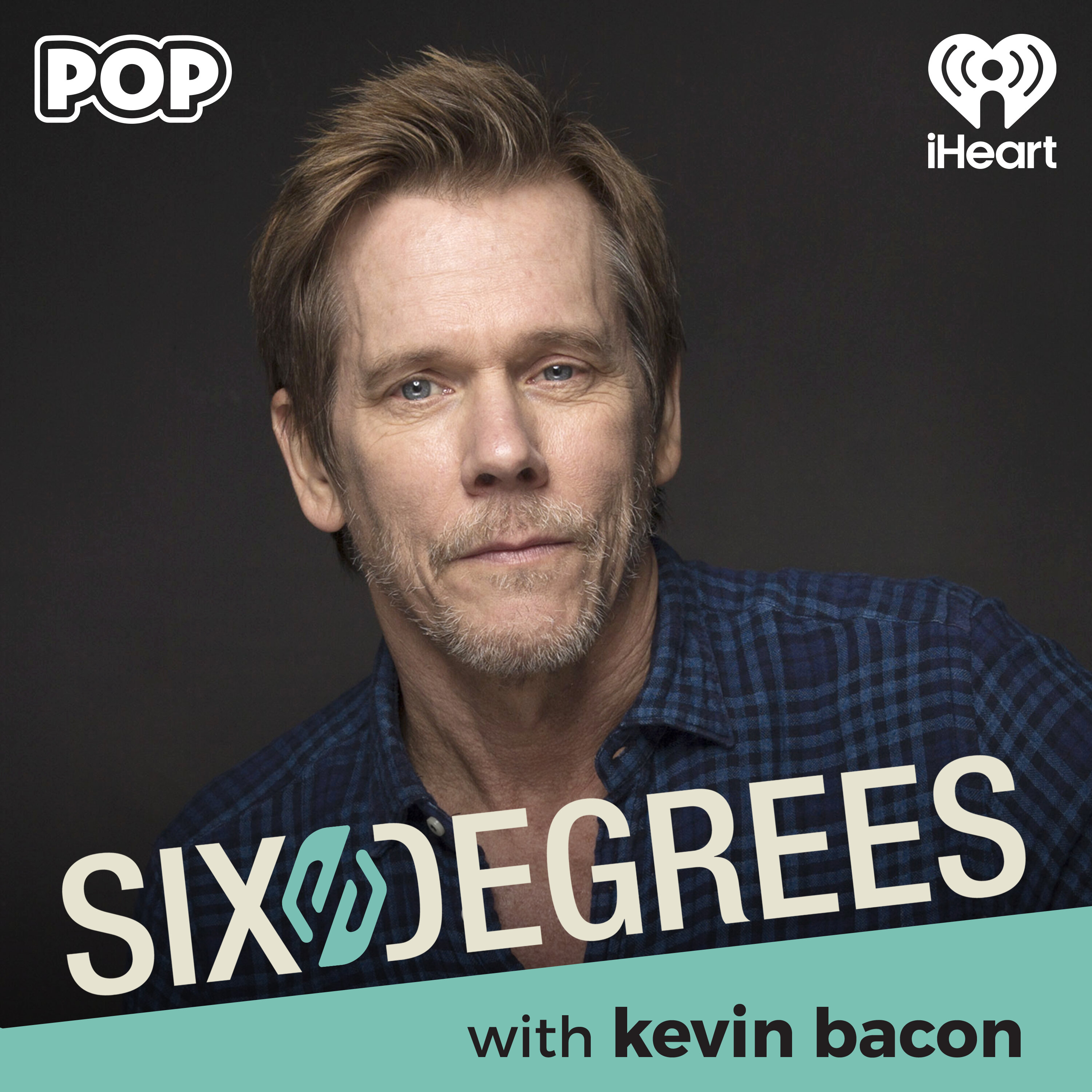
Six Degrees with Kevin Bacon
iHeartPodcasts and Warner Bros
SmartLess
Jason Bateman, Sean Hayes, Will Arnett
That One Audition with Alyshia Ochse
Alyshia Ochse
The 98%
Alexa Morden
The Acting Podcast from The BGB Studio
Risa Bramon Garcia and Steve Braun
